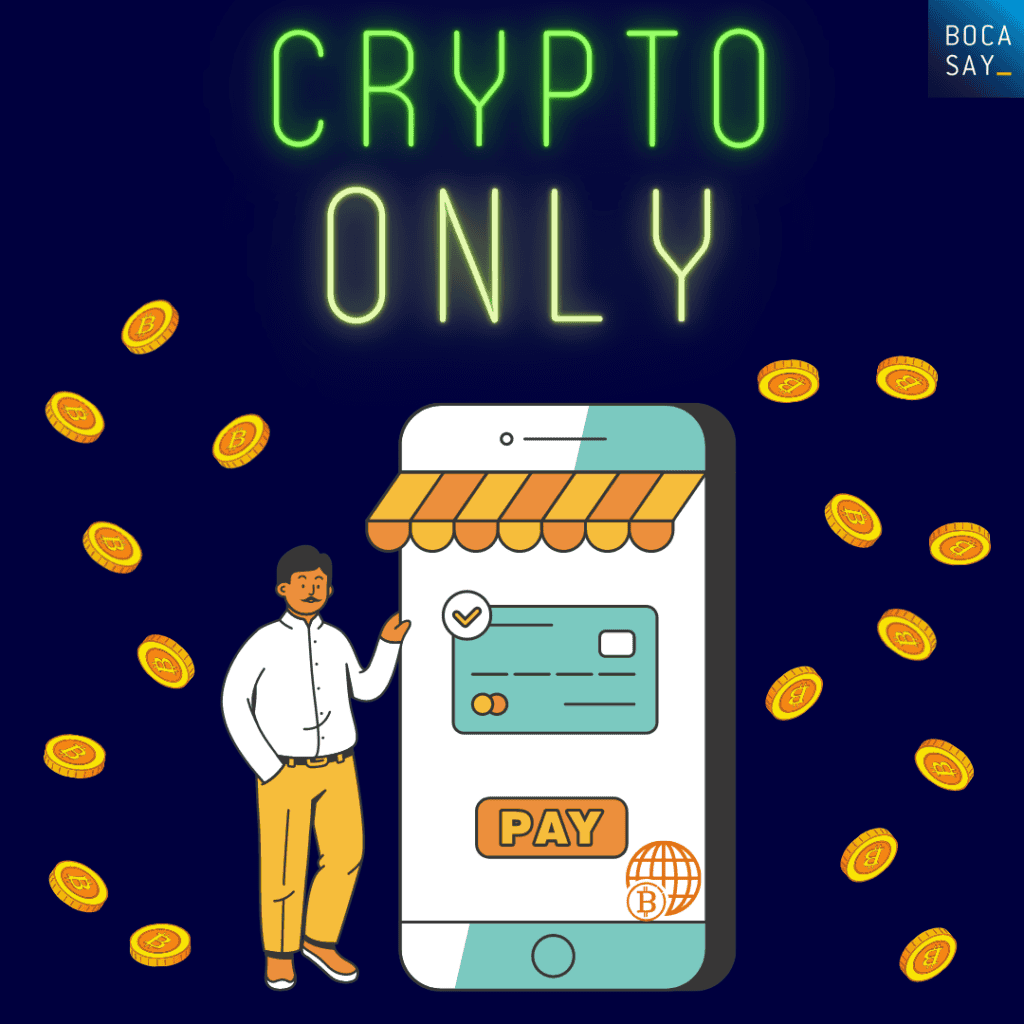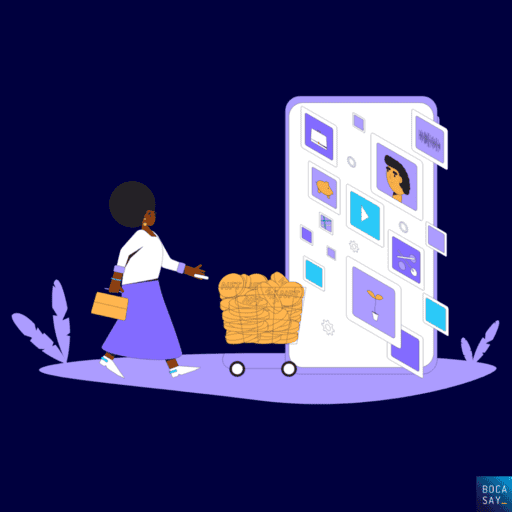How the Metaverse will transform E-Commerce
In 2021, with Facebook officially rebranding as ‘Meta’ on the 28th of October, the Internet exploded with speculation and opinions on what it all means for our increasingly digital future. Currently, there are more than 160 companies, with some of the world’s tech-giants included, that have already started building and developing what will eventually be called the Metaverse.

Attracting major global investment, this emerging and all-encompassing digital ecosystem promises to reshape the online experience and the Internet beyond our wildest imaginations.
Originally appearing within the 1992 sci-fi novel ‘Snow Crash’ by Neil Stephenson, ‘Metaverse’ is basically a combination term between the Greek ‘meta’- meaning ‘beyond’ – and ‘universe’.
The basic idea is that the Metaverse will be a virtual world running parallel to our physical world, and that it will drastically change how online business will operate in the near future.
How will e-commerce look and feel like in a Metaverse world? Will websites become totally unnecessary within a rapidly evolving virtual world? In this article, we’ll begin with an exploration of the term ‘Metaverse’ and continue by examining its potential to transform the future of e-commerce.
🌎 We meet the need to find a web developer for SMEs, startups and large accounts. Visit all the profiles we have at your disposal for your innovative IT projects. 🌎
What is the Metaverse?
As a concept, the Metaverse is nothing new. In fact, software developers and computer scientists have been dreaming about creating a Metaverse environment since the mid 1960’s.
Ever played online games like the Sims, or more recent examples like World of Warcraft and Fortnite? Then you might already be familiar with how to operate in a virtual metaverse world.
In simple terms, the Metaverse is a virtual space running on the latest telecommunications technology, where anyone can log in, interact with others and own assets in a virtual economy.
Designed so that anyone with an account, basic IT know-how and a VR headset can participate, the Metaverse will be a constant parallel reality, powered by seamless virtual experiences.
Even if we can’t easily define the Metaverse yet, we can be certain that it will be a digital experience that will encompass :
- social interaction,
- work,
- commerce,
- and the Internet of Things.
You can think of it as a 3D version of the Internet, a hybrid virtual-physical space using virtual and augmented reality to create a truly interconnected world, free from the limits of geography.
If the Metaverse will essentially take the Internet as we’ve known it to the next level and drastically transform our interactions, what will e-commerce look like within this environment?
Virtual Economy Payments
There is really no place for paper cash within a virtual world powered by the latest IT and telecommunications technology. It is safe to assume that paying for products and services within the Metaverse economy will most likely involve smart contracts, digital currencies, cryptocurrencies, NFTs, as well as other smart payment systems and virtual units of exchange that will be developed in the future. This is precisely why the Metaverse will offer unparalleled potential and business opportunities for online payment providers, cryptocurrency programmers, blockchain developers and in general to any computer scientist with fin-tech expertise. A recent Mastercard blog post mentions that ‘the global augmented and mixed reality industry will grow at a compound annual growth rate of 54%’, and will reach $372 billion by 2026.
3D Shopping Malls
If you thought online shopping has already become pretty easy these days, then think again and imagine harder because it’s just difficult to predict how much of a game changer for e-commerce the Metaverse will eventually be. There will be virtually no limit as to what the developers and designers of the future will be able to ‘build’ within the Metaverse. With endless future possibilities, and as a range of converging technologies become more sophisticated, fields like 3D modelling, cloud computing, game design and cloud mapping will enable us to develop virtual shopping experiences that will go far beyond an online store website. For example, do you happen to buy scuba diving gear online? Then you can easily imagine browsing through an ‘underwater’ shop within a virtually-designed ocean in the Metaverse.

Immersive Experiences
By blending our virtual and physical worlds, the Metaverse can have a huge impact on our everyday experience and to radically transform the way we work, consume, socialize and generally perceive the world around us. Its unique potential will not only offer wider consumer access than ever before, but also establish new entrepreneurial practices and opportunities that are not yet possible in today’s material world. As the distinction between the digital and physical worlds begins to fade, virtual reality headsets will enable brands to provide their audiences with fully immersive consumer and leisure experiences. Regardless of geographical location and global time zones, the Metaverse will allow fans to attend sports and music events virtually, as well as workers to attend virtual business meetings and perform sophisticated presentations in beautifully-designed 3D offices.
Decentralized E-Commerce
Until quite recently, the vast majority of e-commerce activity has been highly concentrated within a few of the Internet’s giant platforms like Facebook, Google and Amazon. In order to better understand how the Metaverse could encourage further decentralization of e-commerce, it’s interesting to note Mark Zuckerberg’s statement on the day he announced major investments in building the Metaverse: “The metaverse will not be created by one company. It will be built by creators and developers making new experiences and digital items that are interoperable and unlock a massively larger creative economy than the one constrained by today’s platforms and their policies.” The decentralization of e-commerce will allow future brands and entrepreneurs to further bridge the gap between shopping from home or a store, as well as to virtualize a wide range of consumer experiences without being limited by uniform marketplace formats and regulations.